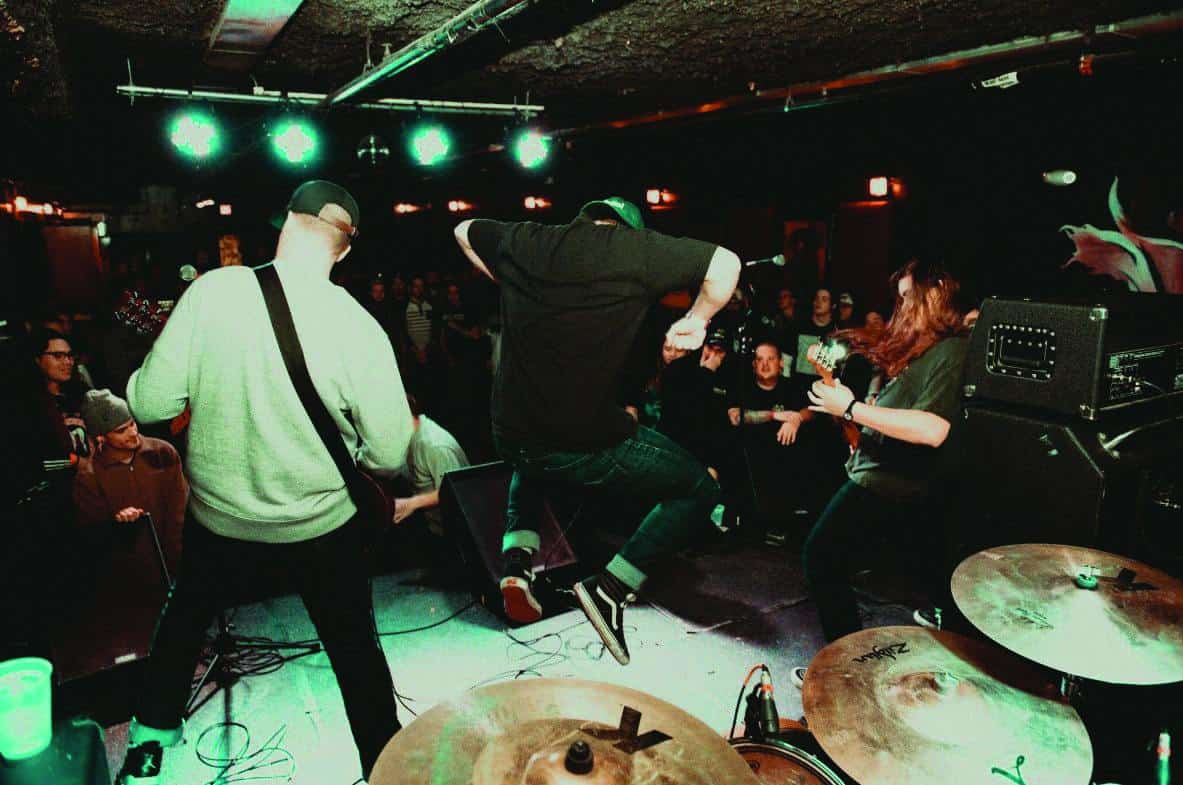Much ado about some Kim

author: ruben deason | contributor

Credit: Wikimedia Commons
And there’s no shortage of sayings about the actions of cornered animals with nothing left to lose.
Historically, one of the reasons that Canada has been able to escape relatively unscathed from most major world conflicts has been due to its geographic location. Save for the Americans in 1812, no nation has ever truly invaded Canada properly. Swaths of polar ice and leagues of icy oceans separate us from many external threats that other nations face. Further still, we fortunate few who are able to attend school at the University of Regina are even further separated and insulated from the horrors that be beyond.
As it stands, Regina is a distance of 8,912 kilometres away from the North Korean capital of Pyongyang, and the Global Transportation Hub isn’t exactly a strategic military target; therefore, we’re able to breathe easy in the face of the crisis in North Korea. On the other hand, for the millions living in South Korea, Japan, and even on remote U.S. territories such as Guam, the threat of annihilation is, sadly, all too real.
A question remains, then, for those concerned: what, exactly, is the optimal solution to dealing with the rogue state, whose empty threats are backed by very real weapons of mass destruction?
One or two ICBM scares ago, it may have been forgivable to have only heard of North Korea through movies like The Interview or Team America: World Police. In recent months, however, we’ve seen North Korea continue to ramp up its military threats. Amidst these threats, North Korea has been continuously ramping up their bravado, and has diligently worked on extending the range of their long-range weapons, thereby increasing the blast yield of their every bomb. Many are convinced that the status quo simply cannot be maintained, but those hoping for a sudden détente from Kim Jong-un, supreme leader of the Democratic People’s Republic of Korea, have very little hope left in their coffers.
The question is not, and never has been, if North Korea has the power to damage the United States. During the buildup to WWII, even the most ruthless admirals of the Imperial Japanese Navy recognized that any strategy they’d compile would need to be one of immediately achieving their goals and securing peace to avoid the unmitigated ire of the United States. America has always been a force to reckon with, and one can present the argument that the dropping of atomic weapons over Hiroshima and Nagasaki was, in and of itself, a mitigated response compared to what some of the bellicose American generals had planned. If they so deemed it, the United States could wipe North Korea off the map.
Such a show of force would take time. In that time, North Korea would have very little issue in unleashing weapons that might not fall under the category of WMDs, but would still have extremely destructive results. North Korea possesses some tens of thousands of artillery weapons pointed only in one direction: south, with Seoul in its crosshairs.
Is there any other way that this military conflict could unfold? It’s unlikely. North Korea, boasting massive numbers of soldiers, but with still being almost an era behind technologically, has practically zero other outcomes but mutually assured destruction. These are the rules they’ve established for themselves in their zero-sum game. Any scenario that would see actual conflict break out would inevitably end in overwhelming defeat for the North Koreans, but such a defeat would include a staggering death toll for civilians, on either side of the demilitarized zone.
Further questions remain even if we set aside all things militaristic. If the North Korean regime fell, to whom would the spoils fall? Almost all South Koreans still long for the unification, but China’s eyes are on the North’s resources. And what, pray tell, would be done with the refugees? Europe buckled under the weight of hundreds of thousands of refugees and migrants out of Syria and North Africa. What nation on Earth would like to take in several million uneducated, impoverished, famished North Korean expatriates, most of whom think that you killed their God? These are the ugly and unfortunate realities that must be considered whenever the topic of North Korea is brought up.
It is also unfortunate to consider that the status quo, as awful as it is, is still the best solution in a moment-to-moment scenario such as this. There are concentration camps still active on North Korean soil, and the regime is still hard at work on bolstering their nuclear arsenal. There are no optimal outcomes here, and no winners – only many potential losers. Still, none stand to lose more than Kim Jong-un himself.
And there’s no shortage of sayings about the actions of cornered animals with nothing left to lose.









